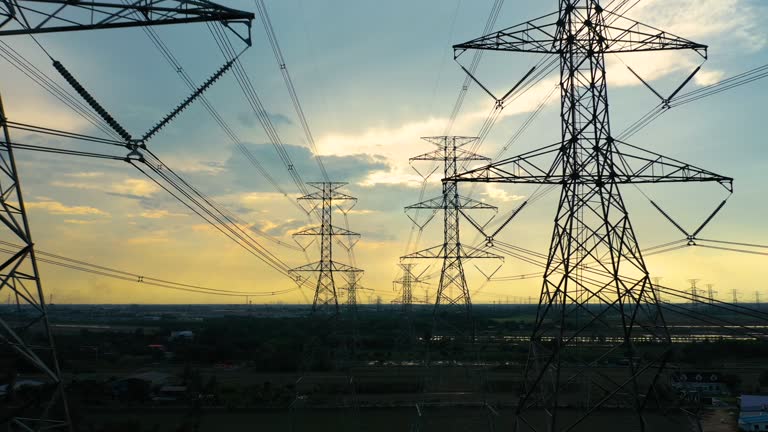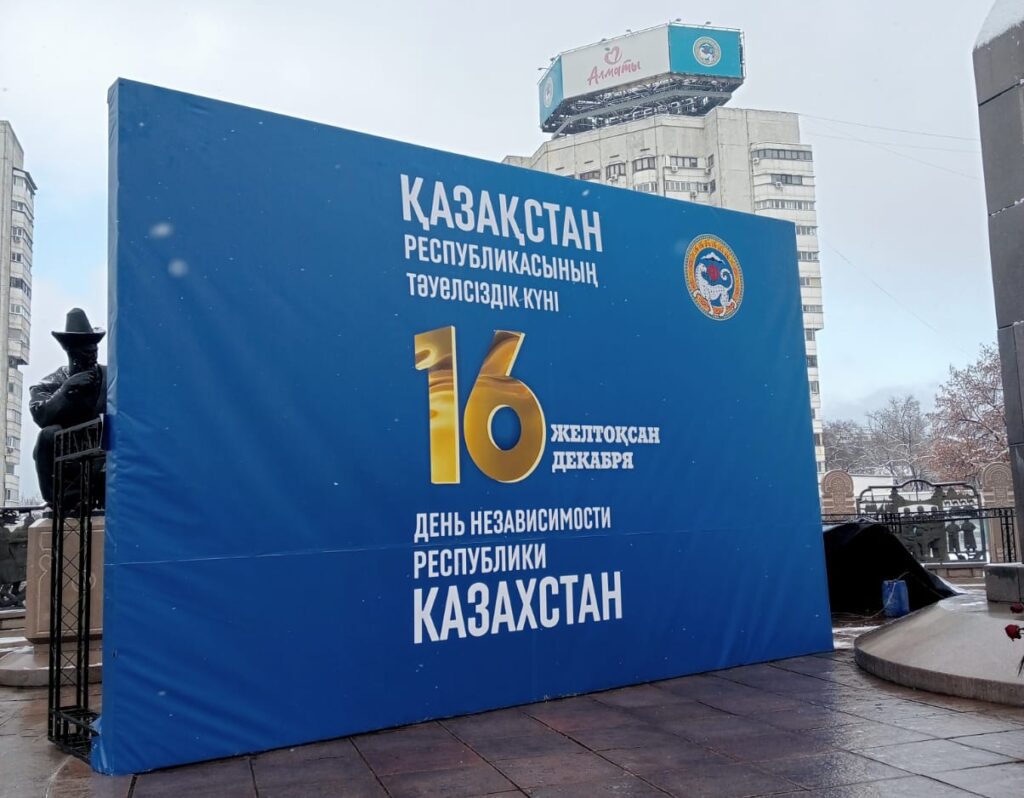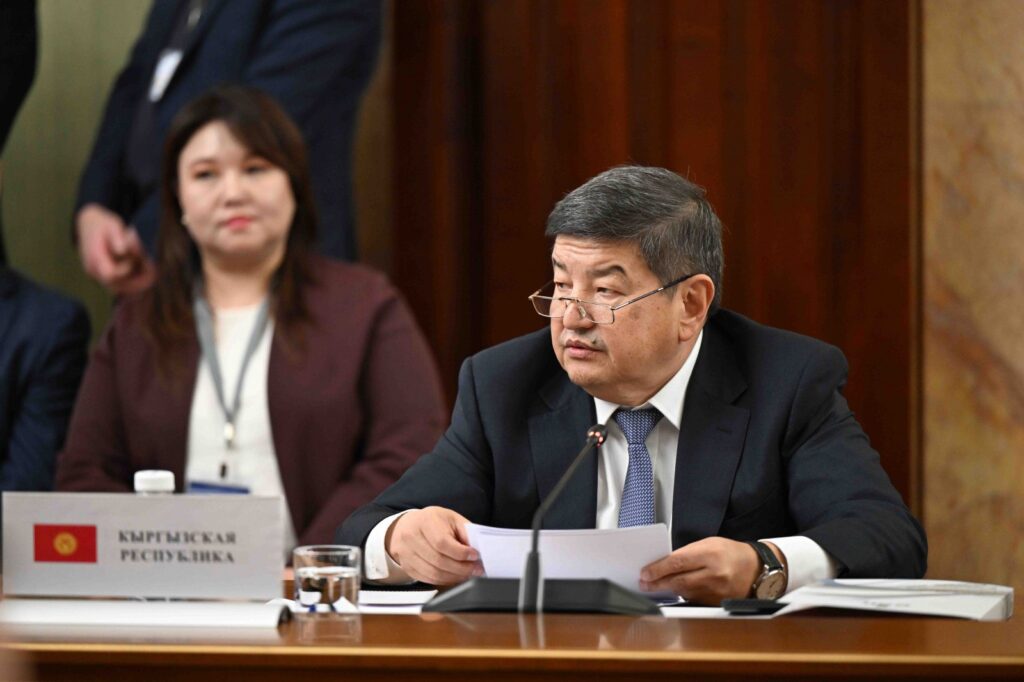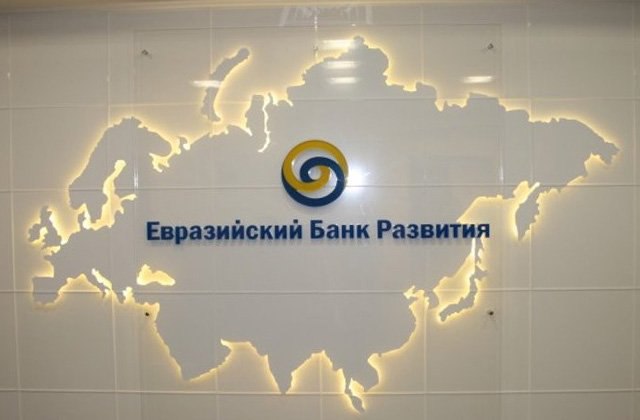Kyrgyzstan Faces Electricity Deficit of 3.9 Billion Kilowatt-Hours
Kyrgyzstan is grappling with an electricity deficit of 3.9 billion kilowatt-hours as authorities struggle to resolve recurring winter energy shortages despite the construction of new hydroelectric power plants and electricity imports from neighboring countries. President Sadyr Japarov addressed the issue in a recent interview with the state news agency. Japarov acknowledged that the electricity shortfall remains unresolved, attributing it to the growing demand driven by an increasing number of social and infrastructure projects. “Our electricity is cheap. At a production cost of 2.7 Kyrgyz som (KGS) [approximately $0.031] per kilowatt-hour, consumers purchase it for 1.1 KGS. Additionally, under the Family Assistance program, we supply electricity to 69,000 families at a subsidized rate of 0.5 KGS per kilowatt-hour. Moreover, 186,000 consumers in mountainous areas receive electricity at 1.1 KGS without restrictions,” Japarov explained. The president also criticized wasteful electricity consumption in both public and private sectors, citing a lack of awareness and accountability. “Employees and heads of public institutions, schools, and kindergartens irresponsibly leave lights on in workspaces, assuming the state will pay for it. Similarly, street lighting remains on unnecessarily,” Japarov said. For the past 30 years, Kyrgyz citizens have endured periodic electricity blackouts. Japarov urged them to remain patient for another three to four years, assuring that the energy deficit would be resolved with the completion of the Kambarata Hydroelectric Power Plant-1 project, which is expected to stabilize the country's power supply.






